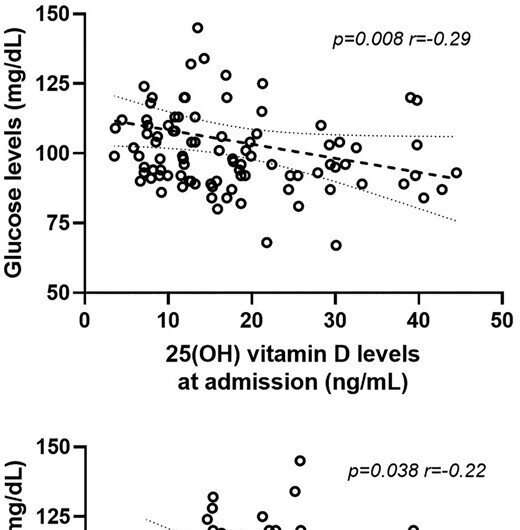
Long COVID risk has been found to increase with low levels of vitamin D, according to research presented at the 25th European Congress of Endocrinology in Istanbul. The findings suggest that individuals should have their vitamin D levels checked after COVID-19.
Also known as post COVID-19 syndrome, long COVID is a new condition in which the effects of COVID-19 last for more than 12 weeks after contracting the initial infection. Studies have shown that it affects 50%–70% of patients previously hospitalized for COVID-19, yet very little is known about the condition. One risk factor for worse outcomes for hospitalized COVID-19 patients, such as intubation and mechanical ventilation or death, is low vitamin D levels, but its role in long COVID has not been adequately investigated.
For this study, supported by Abiogen Pharma SpA, researchers from the Vita-Salute San Raffaele University and IRCCS San Raffaele Hospital in Milan examined 100 patients aged 51–70 years, with and without long COVID. They measured their vitamin D levels when first admitted to hospital for COVID-19 and six months after being discharged, and found lower vitamin D levels in patients with long COVID compared to those without. This result was more evident in patients who experienced “brain fog” symptoms, such as confusion, forgetfulness and poor concentration, at the six-month follow-up.
The researchers included patients without any bone conditions and only those who went to hospital for COVID-19, without ending up in the intensive care units (ICUs). They matched the two groups, with and without long COVID, in terms of age, sex, pre-existing chronic diseases and COVID-19 severity. “Previous studies on the role of vitamin D in long COVID were not conclusive mainly due to many confounding factors,” said lead investigator Professor Andrea Giustina. “The highly-controlled nature of our study helps us better understand the role of vitamin D deficiency in long COVID, and establish that there is likely a link between vitamin D deficiency and long COVID.”
While Professor Giustina acknowledges that larger studies are needed to confirm this link, he and his team are now focussed on finding out whether vitamin D supplements can reduce the risk of long COVID. “Our study shows that COVID-19 patients with low vitamin D levels are more likely to develop long COVID but it is not yet known whether vitamin D supplements could improve the symptoms or reduce this risk altogether.”
The results of this study were also recently published in The Journal of Clinical Endocrinology & Metabolism.
European Society of Endocrinology

